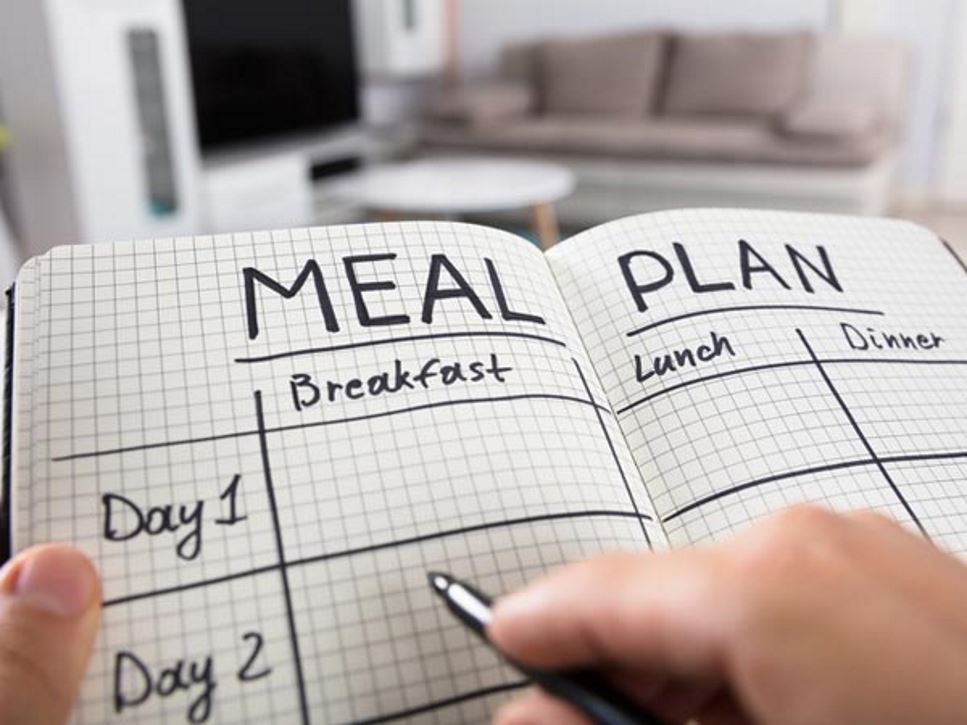Your body requires energy to power its biological functions such as digestion, breathing and pumping blood, along with the activity you do throughout the day. Did you know that your resting metabolic rate (the amount of energy your body uses at rest) makes up the majority of your total energy expenditure? It's important to consume enough energy from food to keep your body functioning normally. If you eat too few calories, you may be putting your health at risk in the following ways.
You Won't Meet Your Nutrient Needs.
It's easy to underestimate the significance of something you can't see or feel, but vitamins, minerals, fiber and other nutrients are important to your long-term well-being .
For example, dietary calcium is important for both bone health and bodily functions such as muscle control and circulation. For the first 30 years of life, the body stores excess calcium in bones. After 30, you stop gaining bone mass and rely on existing stockpiles to keep your bones strong for the rest of your life. If you can't meet your calcium needs, your body is forced to "break open the piggy bank" and scavenge your bones for this crucial mineral. This process increases your risk for osteoporosis (thinning of the bones and loss of bone density) and hip fractures.
You Slow Your Metabolism.
When you don't eat enough, your body goes into survival mode and starts breaking down muscle to release the glucose stored inside, which can be used for energy. Because you're not taking in enough calories, your body slows down your metabolism in an effort to conserve energy. You might feel sluggish and cold and have gastrointestinal abnormalities, such as constipation.
You Lose Your Mental Edge.
Your brain runs on glucose just like a car runs on gasoline, and it needs a constant supply to keep everything running smoothly. If you're hungry all day and running on fumes, you can't work at peak capacity.
You Might Get Gallstones.
Very low-calorie diets (around 800 calories per day), cause rapid weight loss and increase the risk of gallstones, which may cause abdominal pain and require surgery.
How do you know how low is too low? It depends on many factors that vary among individuals. Consult a registered dietitian nutritionist who has the expertise to create a nutrition plan tailored to your needs.
Find a Nutrition Expert
Looking for credible nutrition information and recommendations? The Academy of Nutrition and Dietetics' network of credentialed food and nutrition practitioners are ready to help!

